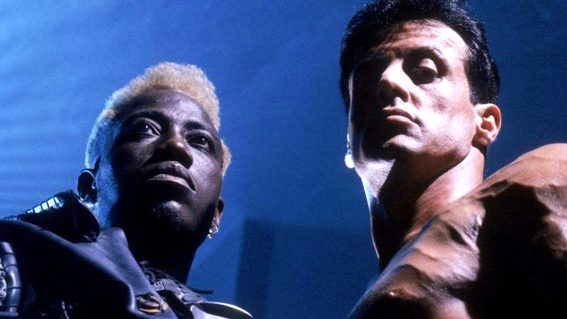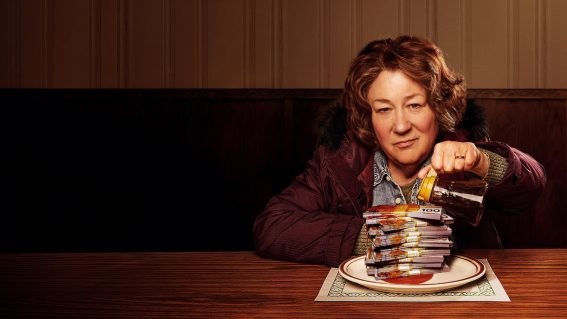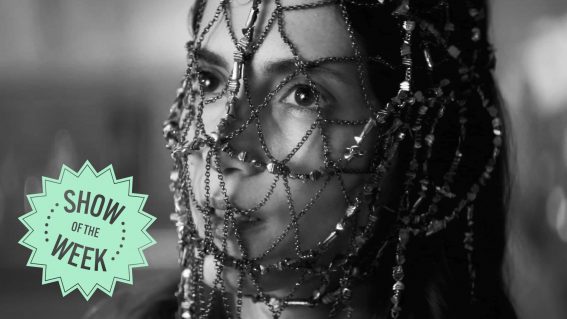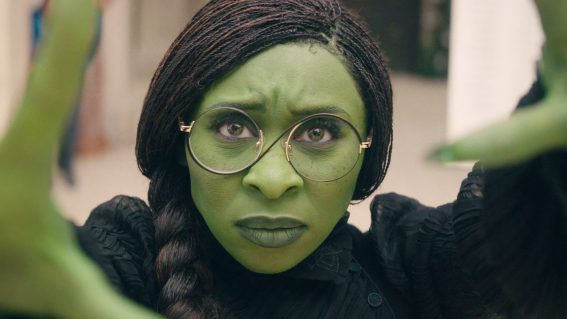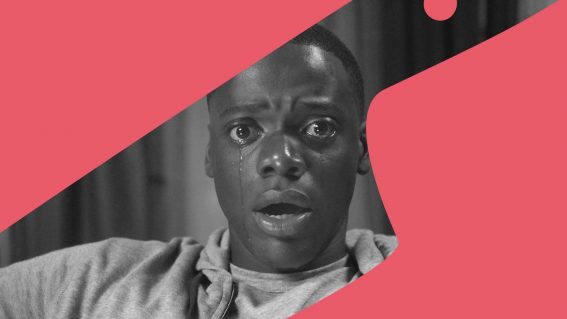Rachel Weisz is so talented in Dead Ringers she deserves to be seen onscreen twice

We’re all drowning in content—so it’s time to highlight the best. In her column published every Friday, critic Clarisse Loughrey recommends a new show to watch. This week: Prime Video’s new take on David Cronenberg’s Dead Ringers, starring Rachel Weisz and Rachel Weisz as twin gynaecologists with a sacred bond.
Prime Video’s gender-swapped remake of David Cronenberg’s Dead Ringers (1988) sets its agenda early. Here, twins Beverly and Elliot Mantle (Rachel Weisz) can barely make it through five minutes of screen time without becoming targets of the patriarchy. The more measured, introspective Beverly and more impulsive, impish Elliot are sharing a meal at a restaurant. A man, who’s sat one booth over, stares at them like he’s sharing airspace with a multi-headed hydra. Have the two of them ever… you know? Together? He splutters out a handful of clauses. It’s clear where his mind is at: sex.
This scene of public harassment never occurs in Cronenberg’s film, in which the Mantle twins are men played by Jeremy Irons. And it’s one of many instances in which the series, created by Alice Birch and written entirely by a team of women, sees the tortuous inequalities of gender thrust front and centre. As is the case in the film—itself based on the book Twins, a fictionalised account of the lives of Stewart and Cyril Marcus—the Mantles are OB-GYNs with an interest in opening their own centre. And as is the case in the film, Beverly becomes romantically involved with an actress (Britne Oldford’s Genevieve), whose presence threatens to cleave the sacred bond between sisters.
To be brutally honest, I don’t think this new Dead Ringers has anything radically new to add to Cronenberg’s work. It’s merely restated what was already there in plainer and more literal terms. There was a truly subversive, sickly horror to the claw-like tools Irons’s Beverly crafted in order to operate on the wombs of what he called “mutant women”—a single image that revealed so much about men’s need to control and to tame, and how anything that reaches beyond their immediate understanding is viewed with phantasmagorical disgust. Here, it’s all about real, tangible viscera—a miscarried embryo in a toilet bowl, or babies being tugged out through C-sections. It’s more graphic and somehow less provocative.
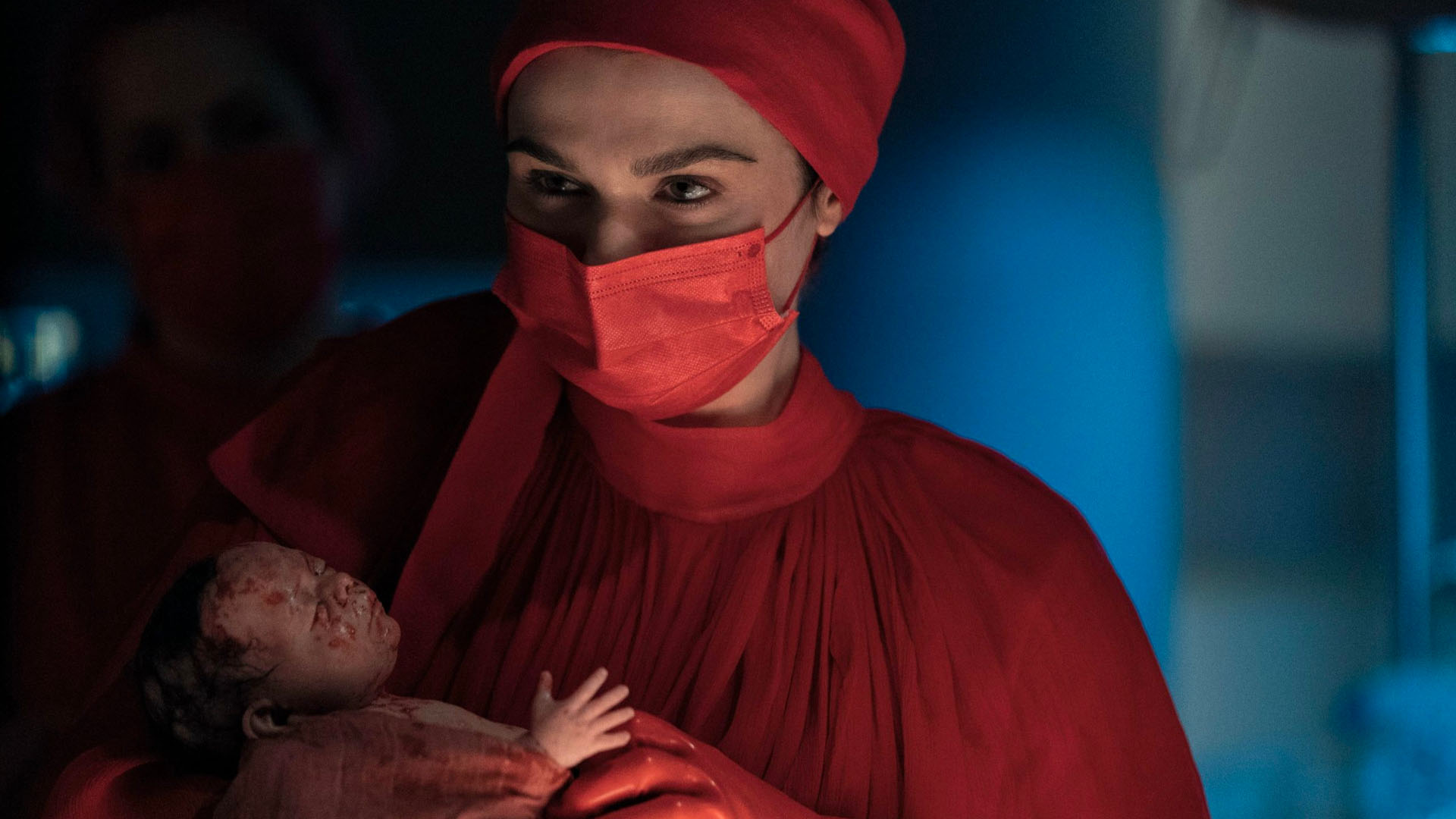
Yet, these issues don’t necessarily render the Dead Ringers series null and void. Weisz is so talented that she deserves to be seen onscreen twice. She allows the liberal use of “f**k” to roll off her tongue like the most beautiful scripture. Elliot has an infernal appetite. She tears through falafel wraps like a raccoon through garbage. It’s a thoughtful, occasionally poignant series, that’s directed by Sean Durkin, Karyn Kusama, Lauren Wolkstein, and Karena Evans with unflappable confidence.
But the existence of this Dead Ringers does raise an interesting question about how we choose to transmit ideas. Is Birch’s series more effective because its directness allows the show to engage in more honest conversations about the healthcare system? There’s a throughline in which the Mantle twins must seek the patronage of a wealthy investor (Jennifer Ehle, a sneering parody of the narcissistic elite) who, of course, prioritises personal glory over the genuine needs of patients. “Radicalism always begins with something small,” Beverly argues. But when she’s constantly asked to compromise on her ideals, does that radicalism end up shrinking to a point where it ceases to exist?
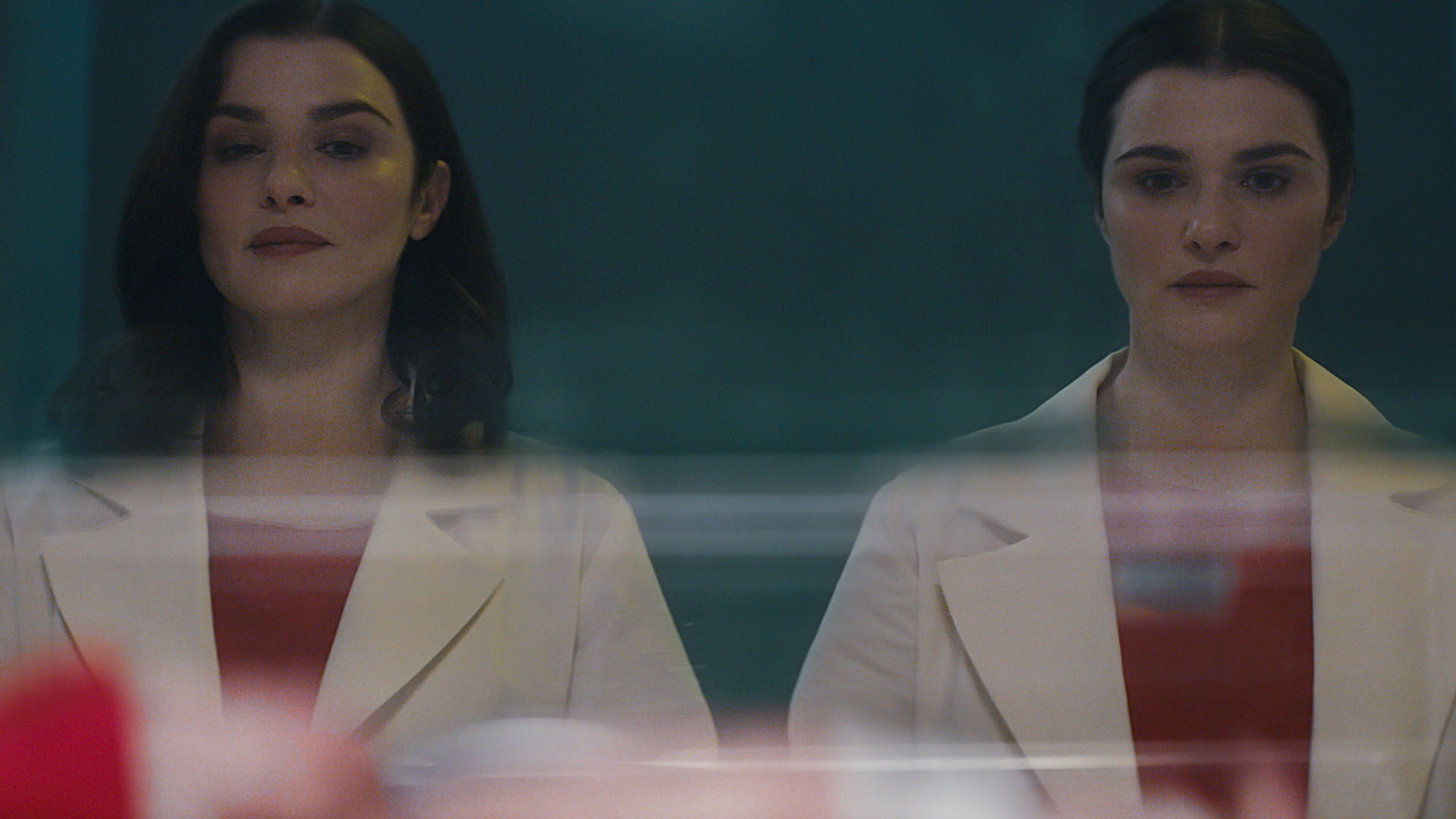
Cronenberg’s film could never tackle those tricky, highly specific questions. But, at the same time, it never really needed to—it presented a clinical, ritualised world of minimalist architecture and red, papal-like surgical gowns that could singlehandedly represent the impersonal nature of modern healthcare.
On the other hand, Birch’s series repeatedly loses focus by attempting to namecheck as many possible facets of the discussion. A late-stage monologue about early gynaecology’s abuse of enslaved Black women isn’t explored in enough depth to feel sincere. A side plot about the beleaguered mother of the Mantle twins adds very little to the story. And, sometimes, the episodes are so busy that the Mantles themselves are reduced to flattened signifiers of “messy womanhood”. Is it still really that revolutionary to show a woman peeing onscreen? Perhaps it’s a little futile to argue the merits of one Dead Ringers versus another—the beauty of art is that there are infinite ways to communicate with an audience. Direct or indirect, surreal or naturalistic, conflicted or resolute. Pick your poison.



